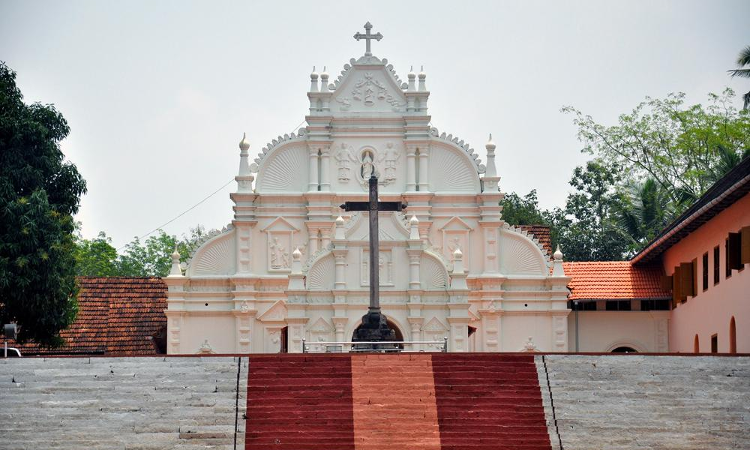Considering the number of pending cases seeking protection involving churches belonging to the Malankara Syrian Orthodox Church, the Kerala High Court has sought the response of the State in the matter. The Court also found that the premise of matters arising from the Malankara Syrian Orthodox Church row was well settled in the landmark decision of the Apex Court in K.S Varghese & Ors v...

